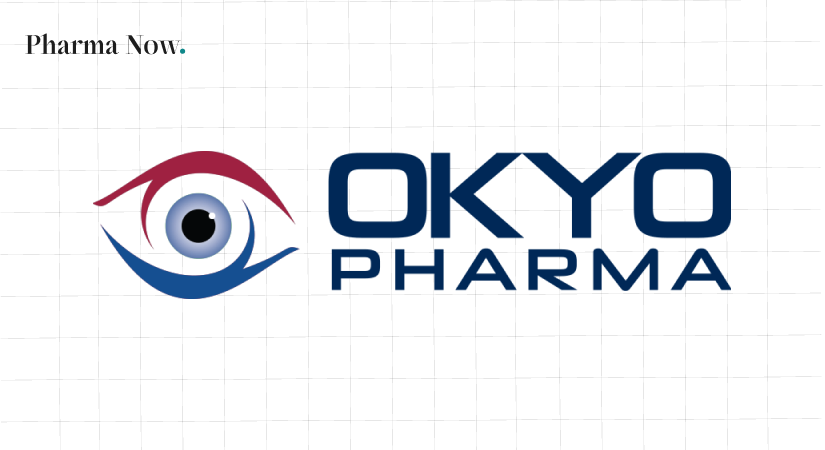Latest News & Updates
Breaking News
January 6, 2026
Simantini Singh Deo

Other trending news you may like to read
OKYO Pharma Brings On Experienced Leader Robert J. Dempsey As CEO To Advance Neuropathic Corneal Pain Therapy Development
OKYO Pharma announces leadership transition with Robert Dempsey as CEO to advance urcosimod for neuropathic corneal pain.
Simantini Singh Deo

Kriya Therapeutics Names Sachiyo Minegishi As Chief Financial Officer To Lead Financial Strategy And Support Gene Therapy Programs
Kriya appoints biotech finance leader Sachiyo Minegishi as CFO, strengthening leadership as gene therapy programs advance clinically.
Simantini Singh Deo

ElevateBio Taps Christopher Murphy As Chief Executive Officer As Company Enters Next Phase Of Expansion
ElevateBio appoints Christopher Murphy as CEO, strengthening leadership as the company scales genetic medicine platforms and partnerships.
Simantini Singh Deo

Biodexa Pharmaceuticals Strengthens Leadership Team With Fiona Sharp As Chief Financial Officer, Company Secretary, And Board Member
Biodexa elevates Fiona Sharp to CFO and Board Director, strengthening financial leadership as the company advances its pipeline.
Simantini Singh Deo
